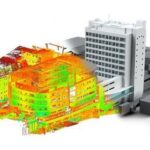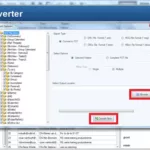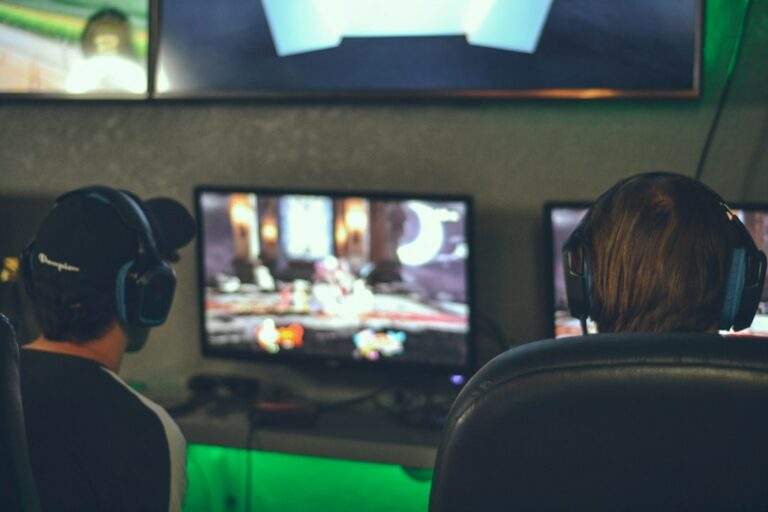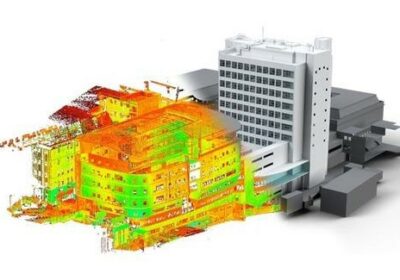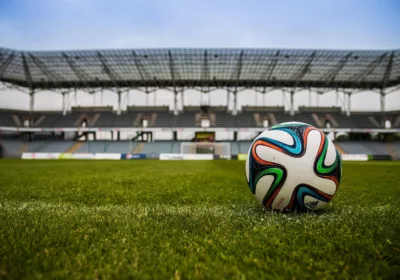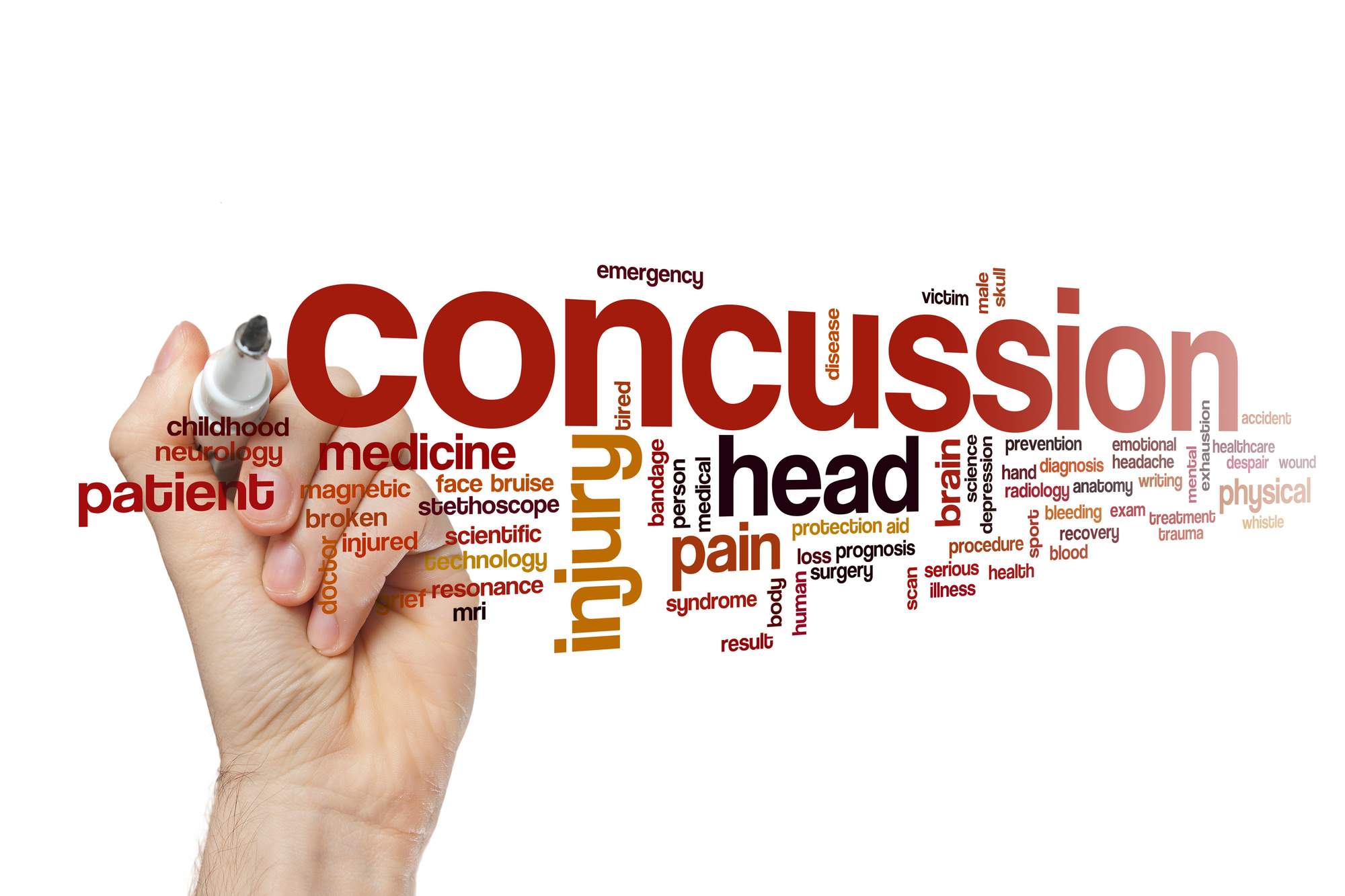
What Are the Different Types of Concussions?
There are roughly 3.8 million concussions per year in the United States. If left untreated, they can present long-term symptoms. It’s important to be aware of the different kinds of concussions so that you can identify if you or someone has suffered one.
Not sure about the types of concussions? Keep reading.
Cognitive
With this type of concussion, you may find difficulty with mental tasks. Temporary or permanent memory loss is possible. However, there are more day-to-day activities you could struggle with including long days and complex subjects.
In addition, you may notice decreased concentration, distractibility, trouble learning new material, and problems with multitasking. Certain steps can help with concussion treatment such as cognitive rehabilitation.
Post-Traumatic Migraine
With a post-traumatic migraine, you may find it difficult to continue with your normal routine. You could find yourself avoiding situations with loud noises or crowds. Other signs of a concussion include headache, nausea, and sensitivity to light or noise.
Speak with your doctor about these symptoms to find appropriate treatment options. Certain medications can help you manage migraines.
Cervical
Cervical concussions could lead to difficulties with your neck, spine, and back. Ongoing headaches are one of the more common concussion symptoms. This concussion is common amount athletes or people who are particularly physically active.
Concussion management is a treatment option that can help people who suffer from cervical types of concussions. Performax can help you with getting rid of a concussion and its symptoms.
Vestibular
A vestibular concussion causes issues with balance, motion, and vision. The vestibular system is a sensory system that relates directly to coordination. Signs of a vestibular concussion include difficulty with vision during head movement, bad coordination, and problems interpreting motion.
Physical therapy can help reduce the signs and symptoms of vestibular concussions.
Ocular
Ocular concussions have a direct effect on vision and particular tandem eye movements. You may find problems bringing your eyes together, tracking motion, reading long passages, and looking at digital screens.
Vision therapy is available to help with the treatment of these types of concussions. An optometrist can help you find appropriate methods to cope with the effects of ocular concussions.
Anxiety/Mood
With an anxiety/mood concussion, it might be difficult to “turn off” your thoughts. This often leads to excessive concern or worry. Social interaction and routines can become problematic.
It’s best to consult with your doctor if you find that you are feeling this way. These feelings don’t always signal a concussion but could be due to other mental health-related conditions.
Understanding Types of Concussions
When you understand the types of concussions, you can find better and more appropriate treatment options for your particular situation. Remember that these symptoms don’t always signal concussions and it’s best to talk to your doctor about any issues you find.
Did you find this article helpful? Be sure to check out our other great content!

